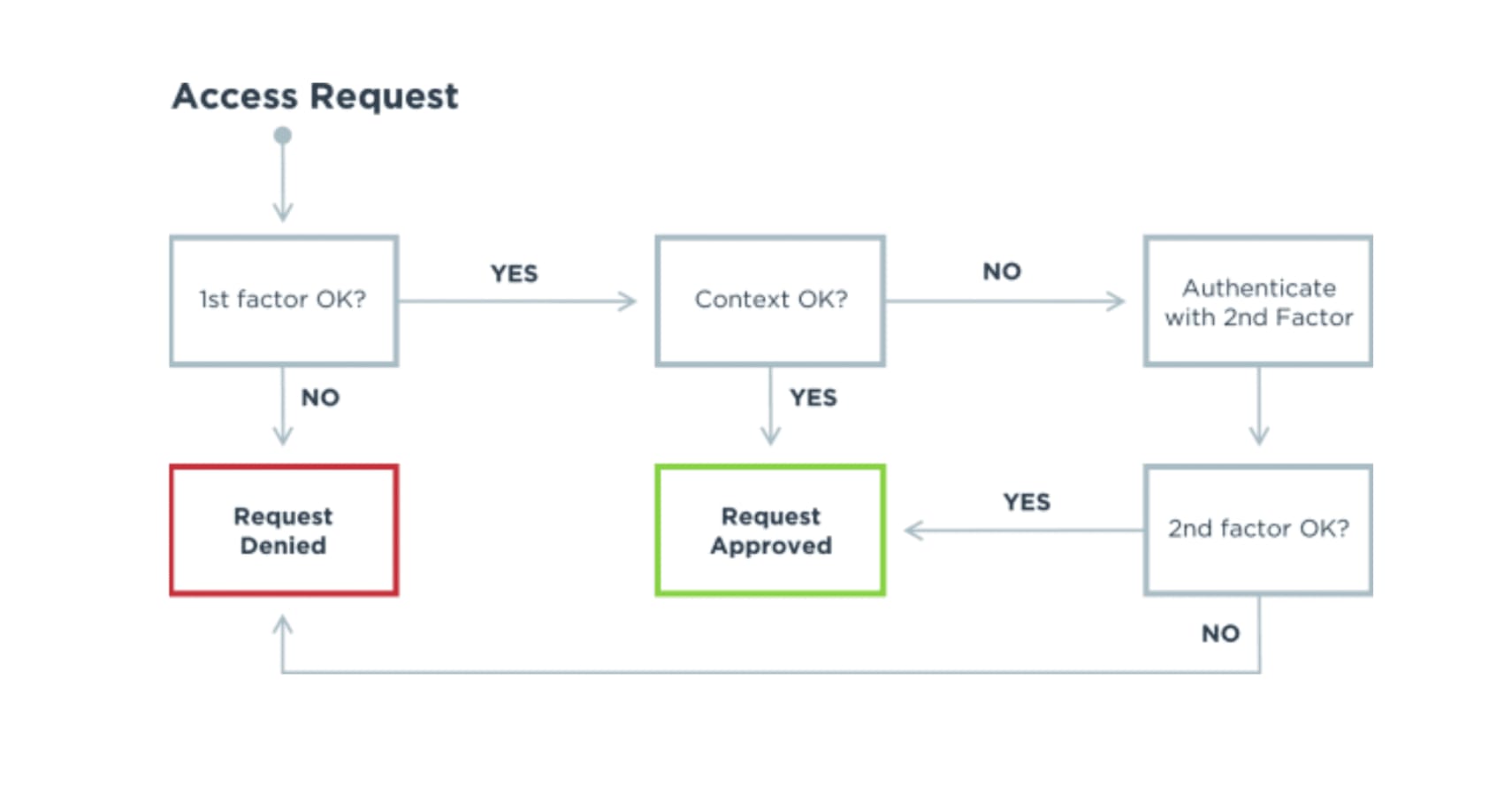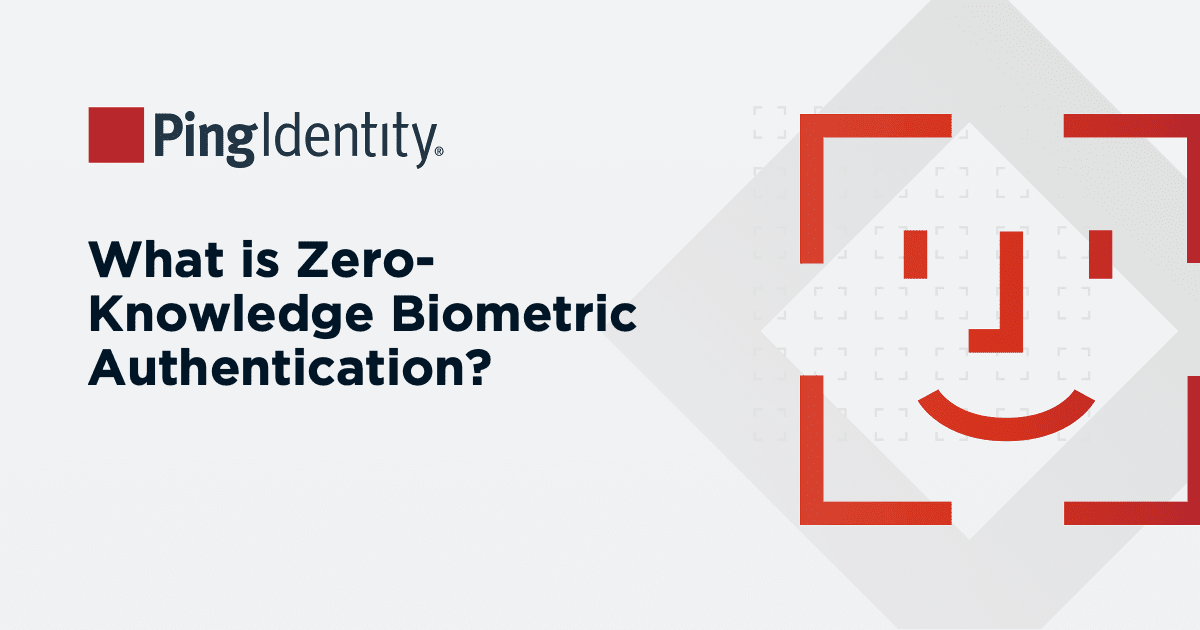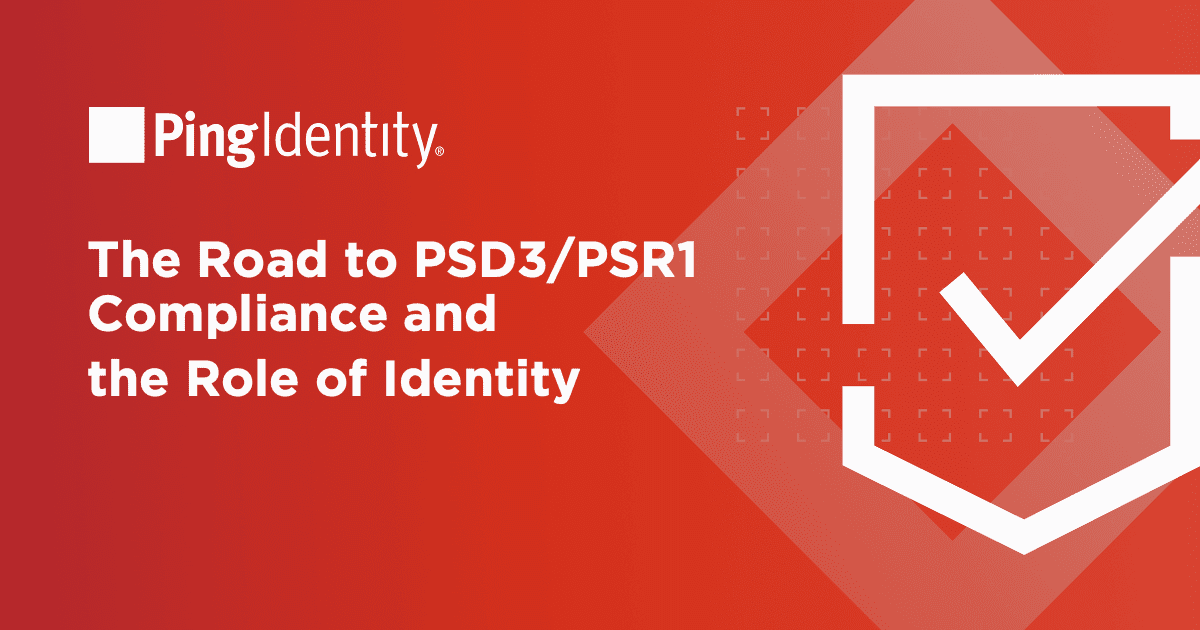Multi-factor authentication (MFA) is a critical security measure across various industries, especially those handling sensitive data or operating under stringent regulatory requirements. By implementing MFA, organizations in these sectors can mitigate risks, comply with regulations, and safeguard their systems against cyberattacks. Below, we explore how MFA benefits specific industries.
Finance
The financial sector is one of the most targeted industries for cybercrime, with attackers seeking access to customer accounts, payment systems, and sensitive financial data. MFA is pivotal in mitigating these threats by:
- Protecting online banking and payment systems from fraud.
Preventing unauthorized access to financial records and systems.
Enabling compliance with regulations like the Payment Card Industry Data Security Standard (PCI-DSS) and the Payment Services Directive 2 (PSD2) in the EU.
MFA ensures secure authentication for both customers and employees, enhancing trust in financial institutions while safeguarding transactions.
Healthcare
Healthcare organizations manage vast amounts of sensitive patient data, including electronic health records (EHRs) and protected health information (PHI). These records are prime targets for cybercriminals due to their high value on the black market. MFA is essential in healthcare for:
Preventing unauthorized access to EHRs and hospital systems.
Securing remote access for healthcare professionals.
Complying with regulatory frameworks like the Health Insurance Portability and Accountability Act (HIPAA).
By deploying MFA, healthcare providers protect patient confidentiality, reduce the risk of data breaches, and ensure uninterrupted access to critical systems during emergencies.
Technology
Technology companies often house intellectual property, trade secrets, and large volumes of user data. A breach in this sector could result in severe financial and reputational damage. MFA provides:
Robust security for cloud-based services, applications, and user accounts.
Protection against insider threats and external attacks.
A scalable solution to secure access for employees, customers, and contractors.
With cyber threats evolving rapidly, technology firms rely on MFA to stay ahead of attackers while maintaining seamless access for their users.
Government and Defense
Government and defense agencies deal with classified information and critical infrastructure systems. A single security lapse can have far-reaching consequences. MFA plays a vital role in:
Safeguarding classified documents and sensitive communication channels.
Preventing unauthorized access to secure facilities and systems.
Meeting security standards outlined in frameworks like FedRAMP and NIST 800-63 in the United States.
MFA ensures that only authorized personnel can access sensitive systems, reducing the risk of espionage, sabotage, and cyber warfare.
Retail and E-commerce
The retail and e-commerce sectors handle large volumes of financial transactions and customer data, making them attractive targets for attackers. MFA protects this industry by:
Securing online checkout processes and payment gateways.
Preventing account takeovers in customer loyalty programs.
Reducing the risk of fraud and chargebacks.
By implementing MFA, retailers enhance customer trust and protect their brand reputation in an increasingly digital shopping landscape.
Education
Educational institutions are becoming frequent targets for ransomware attacks and data breaches due to their reliance on digital tools and large user bases. MFA helps by:
Securing access to student and faculty accounts.
Protecting research data and intellectual property.
Preventing unauthorized access to online learning platforms.
Whether for K-12 schools or higher education, MFA is a key component of a comprehensive cybersecurity strategy for the education sector.
Energy and Utilities
The energy and utilities sector is a critical component of national infrastructure, and its systems are frequently targeted by sophisticated cyberattacks. MFA enhances security by:
Securing operational technology (OT) systems that control power grids, pipelines, and water supplies.
Protecting employee accounts and remote access systems.
Complying with regulations such as NERC-CIP in the energy sector.
With MFA in place, energy providers can reduce the risk of disruptions caused by cyber incidents, ensuring the reliable delivery of essential services.



